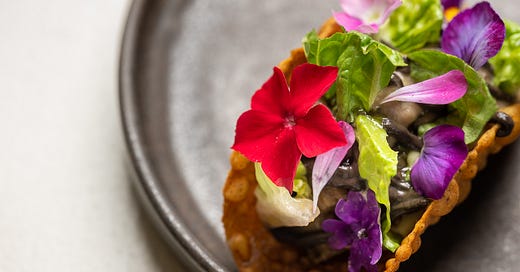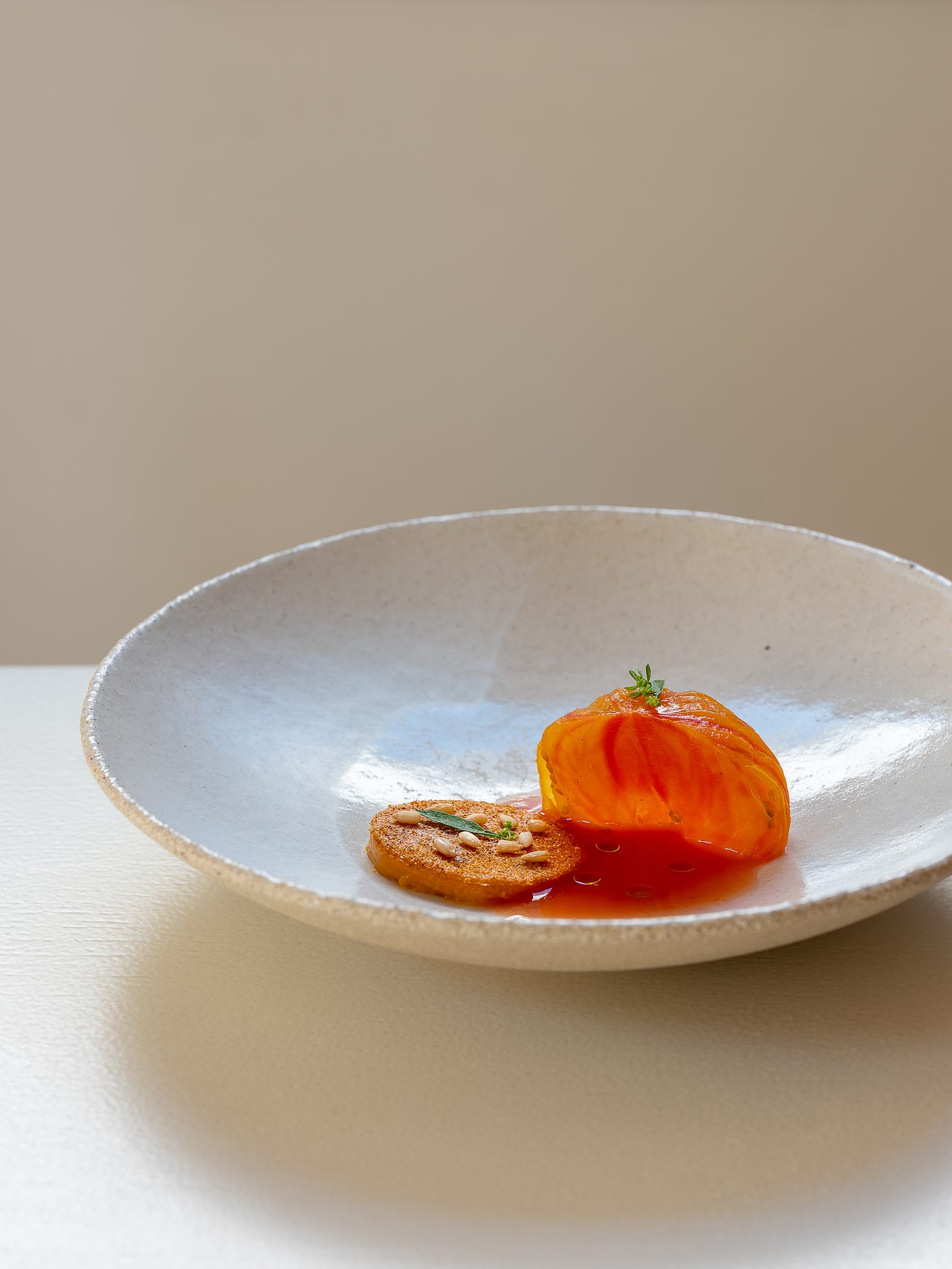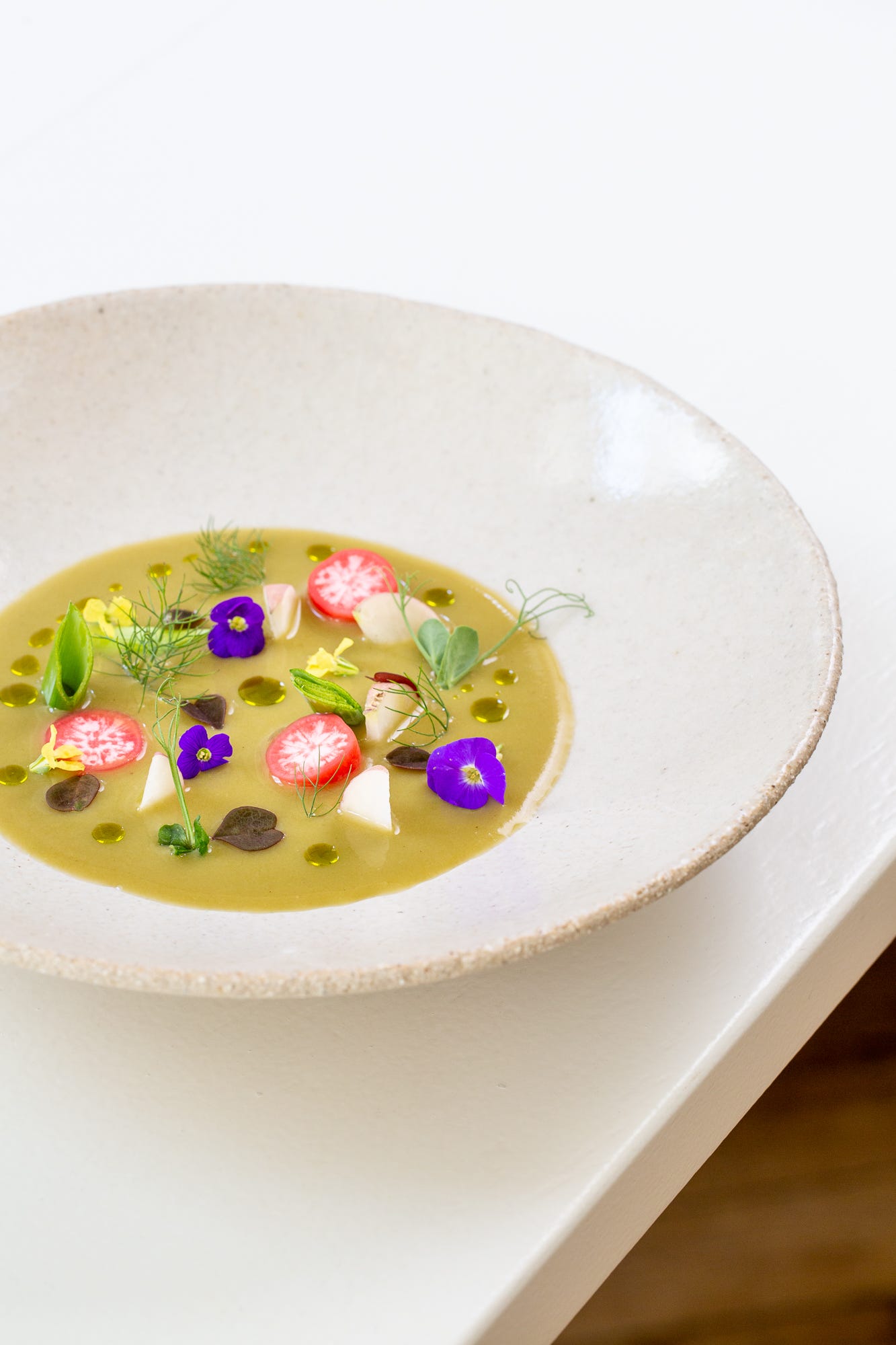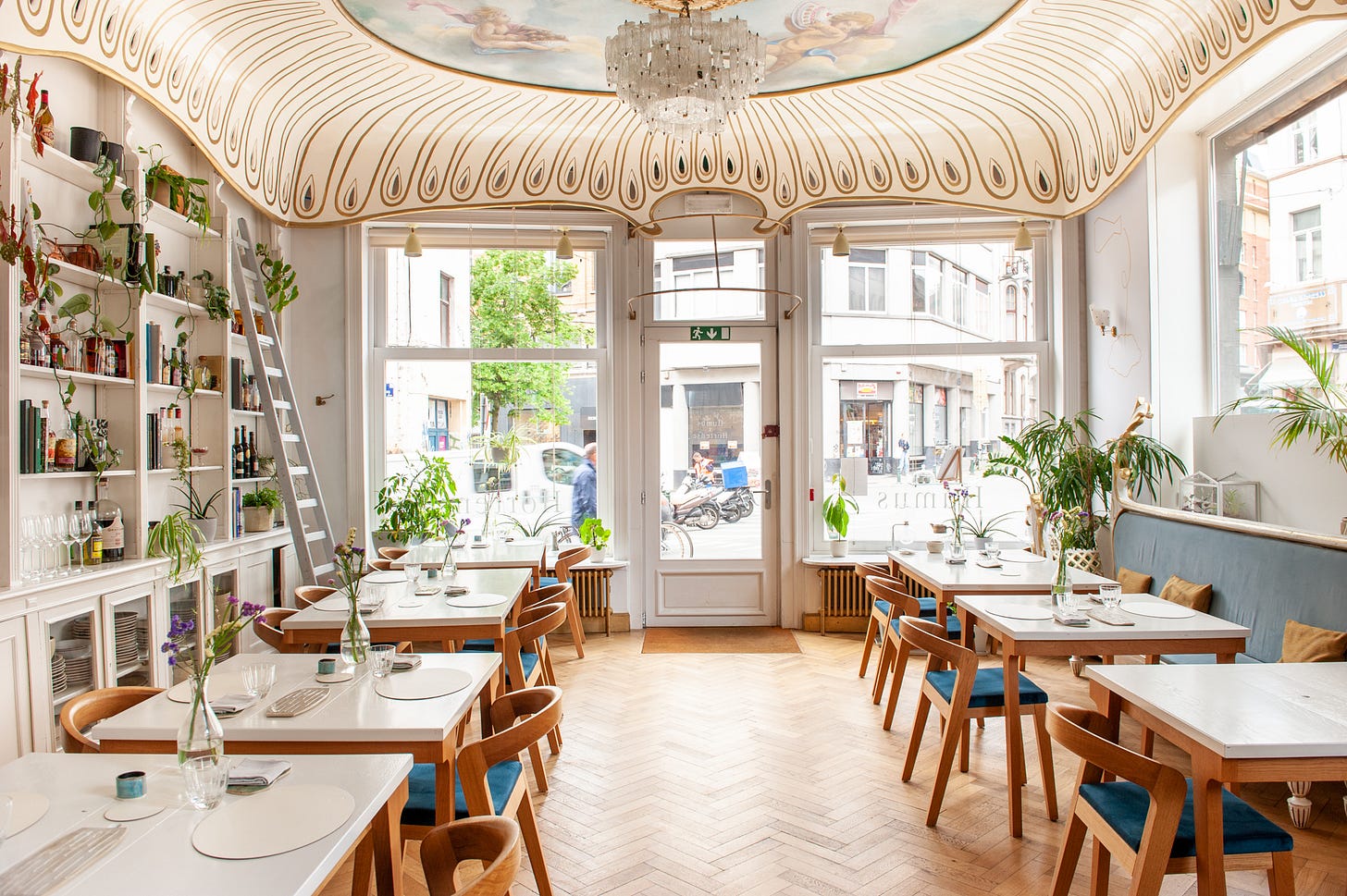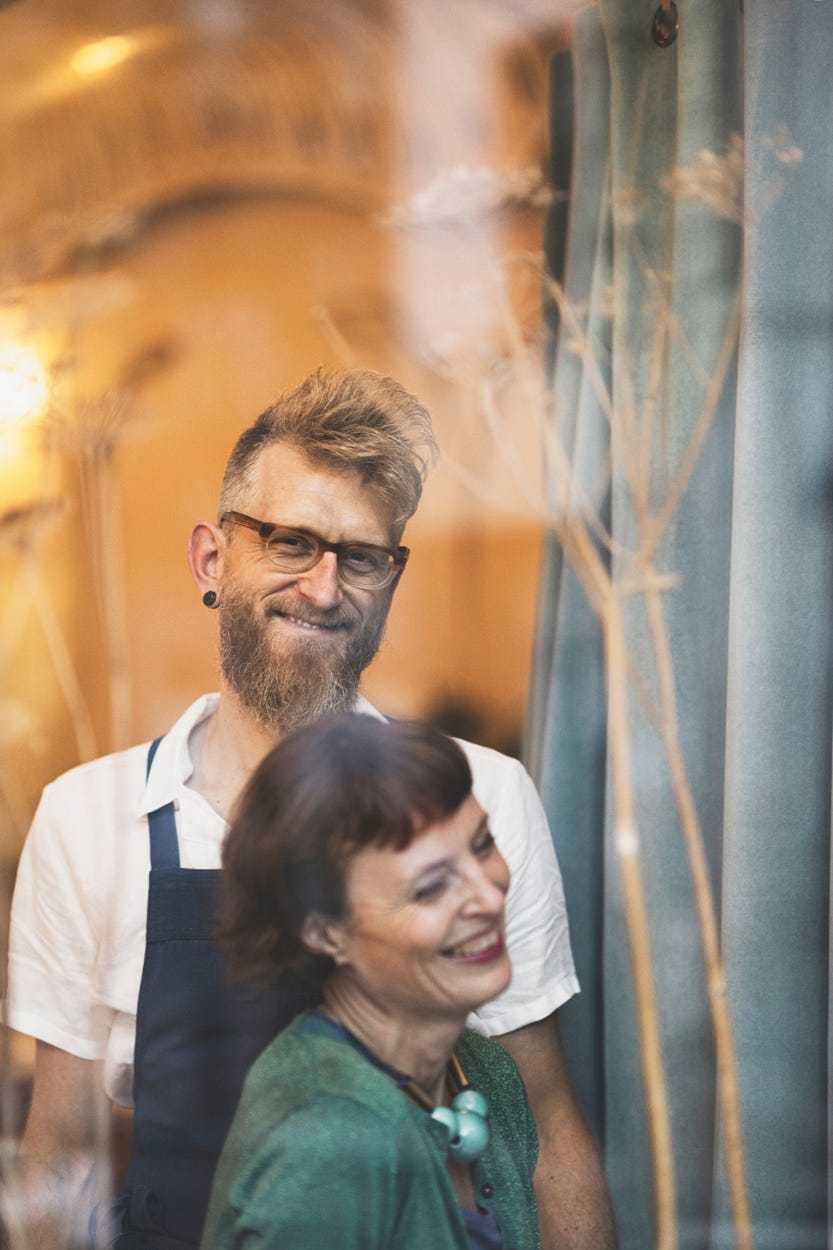This past March, Humus x Hortense became the first plant-based restaurant in Belgium to be awarded a Michelin star. A Belgian pioneer in plant-based fine dining since 2008, the restaurant merges the talents of Chef Nicolas Decloedt and his wife, Caroline Baerten. Back in April, I had the chance to speak with Nicolas about their restaurant, gastronomic philosophy and plant-based cuisine.
That renowned star hasn’t been the culinary power couple’s only recognition. Since the husband-and-wife duo opened Humus x Hortense in its current form in 2016, they have booked one success after the other with dedication, teamwork and a commitment to showcasing Mother Nature’s gifts in exquisitely orchestrated plant-based menus.
Some of the accolades include Decloedt being named ‘Best Vegetable Chef’ by Gault&Millau in 2018, earning a place in the top ten of the We’re Smart Green Guide’s ‘100 Best Restaurants in the World’ and receiving a Green Michelin Star in 2021.
In his gourmet creations, Decloedt employs the concept of botanical gastronomy, while Baerten (who is a nutritionist, WSET-certified sommelière and art historian) is not only the brainchild of the restaurant’s attractive interior and creates some of the ceramics used, but also conjures up clever cocktail pairings that attest to Humus x Hortense’s zero-waste philosophy.
Can you tell us about your plant-based journey?
We both became plant-based 26 years ago, and the restaurant mirrors our values: who we are, how we are and the way we live. For example, when we renovated our house 15 years ago, we did so in a 100% sustainable way. To us, our way of living is normal. We were very happy about earning a Michelin star, but what we’re most proud of is that we received the award without having to make any compromises. We have remained honest to our approach and our values.
What does botanical gastronomy entail?
From the very beginning, we collaborated with wild farmer and botanist Dries Delanote from Le Monde des Mille Couleurs (cultivators of forgotten vegetables, historical herbs, edible flowers and botanical greens). Unlike most restaurants, which change their menu seasonally, we work with the 24 micro seasons, so we are constantly adapting our menu to what our farmer has at that particular time of year. We also forage for some of our products, like mushrooms.
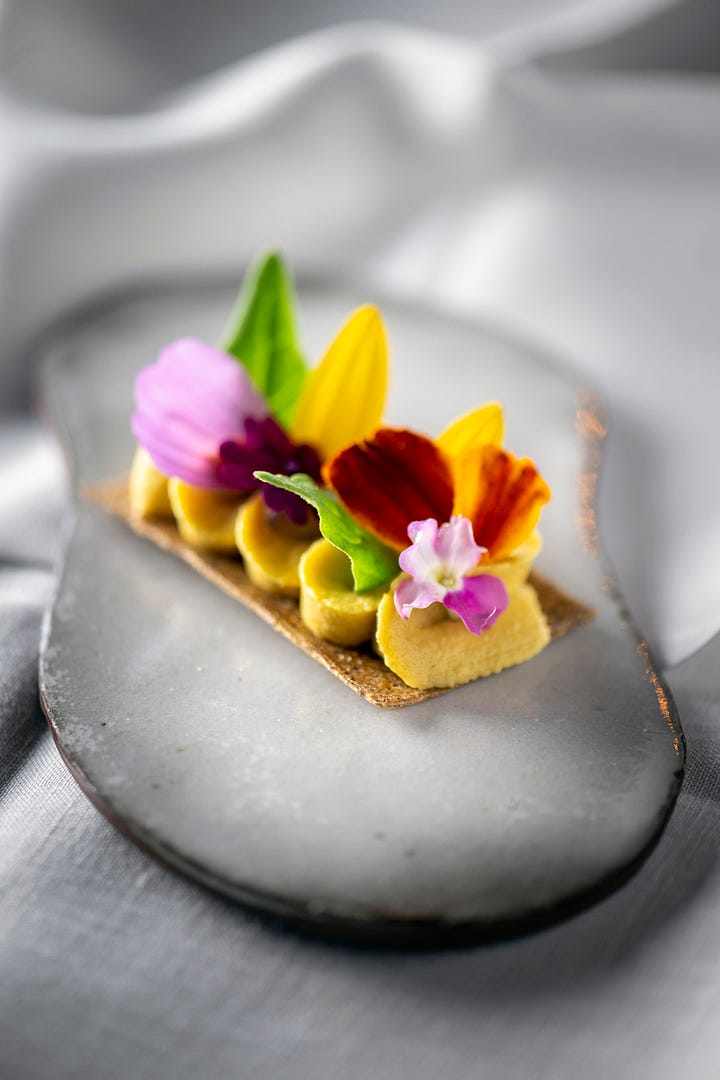
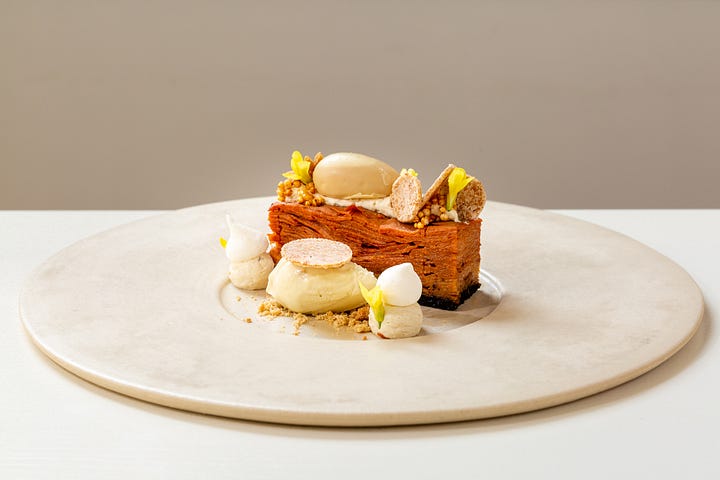
Your wife, Caroline, makes cocktails from unused herbs and vegetables. Can you give us an example?
This is actually our main collaboration. Adhering to our zero-waste philosophy, we use things like vegetable peels and leftover greens to make infusions, tinctures and bases for our cocktails and mocktails. For a dish with red beetroot and cherry, Caroline created a cocktail with elements of red beetroot – what isn’t used in the dish is infused in kombucha and vodka and used as a base for the cocktail we serve with that dish.
Caroline and I do everything together. For the dishes, we first brainstorm ideas, I’ll do some try-outs and Caroline will give me her feedback. With the drinks, it works the other way around. She experiments, I give her my feedback and she’ll adapt as necessary. We keep tweaking everything until we’re both happy.
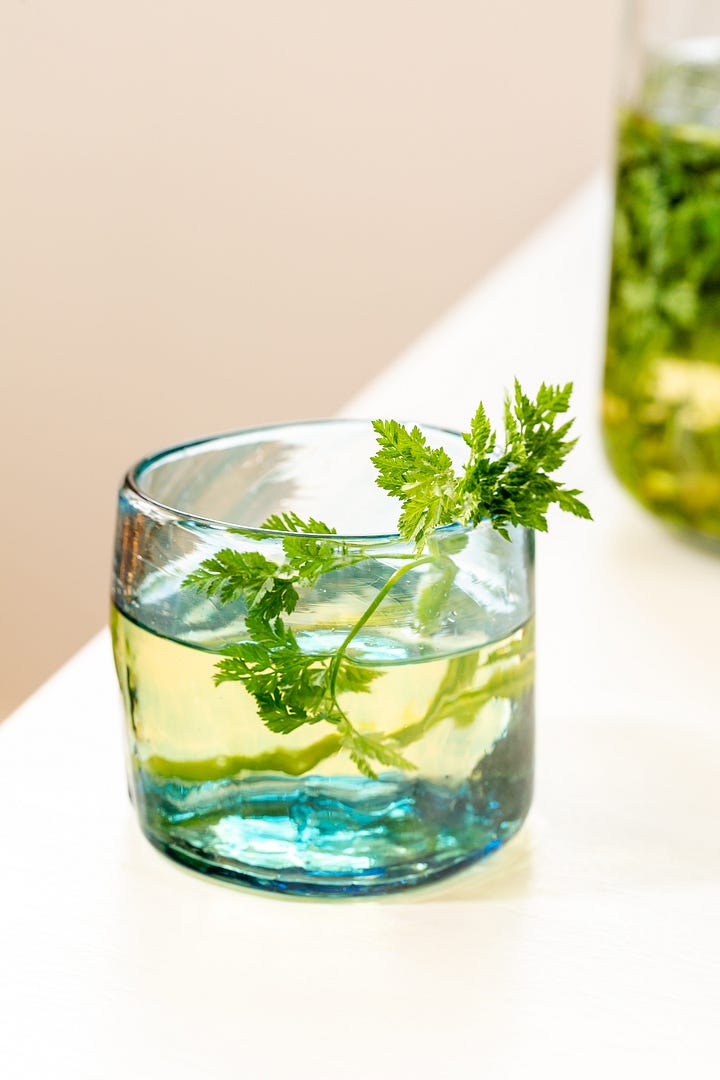
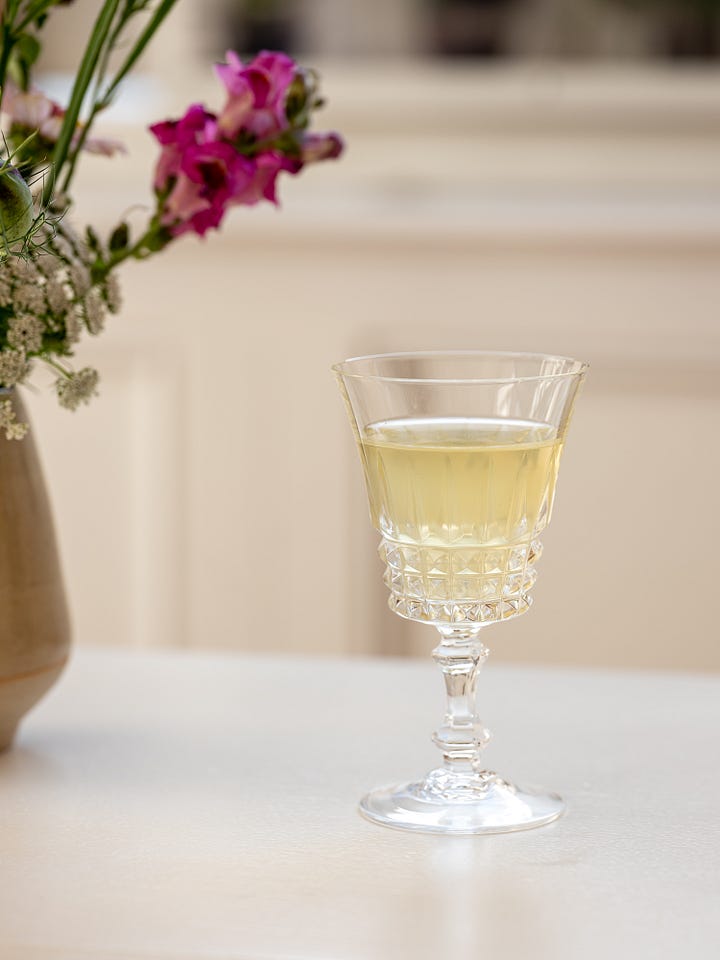
What is your favorite ingredient to work with in spring?
Asparagus is one of my all-time favorites. It’s one of the few vegetables in Belgium that is still very seasonal. Seasonality has been lost these days, and you can find most vegetables year-round at supermarkets. In Belgium, white asparagus is only available from around April until June, so that aspect also gives it an added value.
How do you think plant-based cuisine has evolved in the last 15 years?
Back when we started our concept in 2008, plant-based cuisine wasn’t very well-known and was hidden away in a more health-oriented corner. On a fine dining level, there was hardly anything worldwide. Things started to evolve in the next decade, but there were still very few plant-based fine dining restaurants when we opened in 2016. In Belgium, we were the first, and at the time, that was a huge risk. People weren’t as open to this kind of cooking as they are today. They didn’t think fine dining could exist without luxury products such as lobster and foie gras, so we received a lot of backlash.
In the last five years, however, more restaurants have opened and people are showing more interest. The creativity of plant-based cuisine and its techniques have evolved tremendously. We are convinced about the merit of bringing plant-based cuisine into the world of fine dining, so we are all encouraging each other to keep raising the level.
What do you hope the future has in store for Humus x Hortense?
We want to keep pushing our limits and evolving. Besides the plant-based aspect of Humus x Hortense, we are striving to bring other important topics to the forefront. For example, we want to use the restaurant as a platform for designers from Brussels and the rest of Belgium. Along with Caroline’s ceramics, our tables and chairs are all Belgian design. Our mission is to really come full circle in terms of sustainability.
All images courtesy of Humus & Hortense

